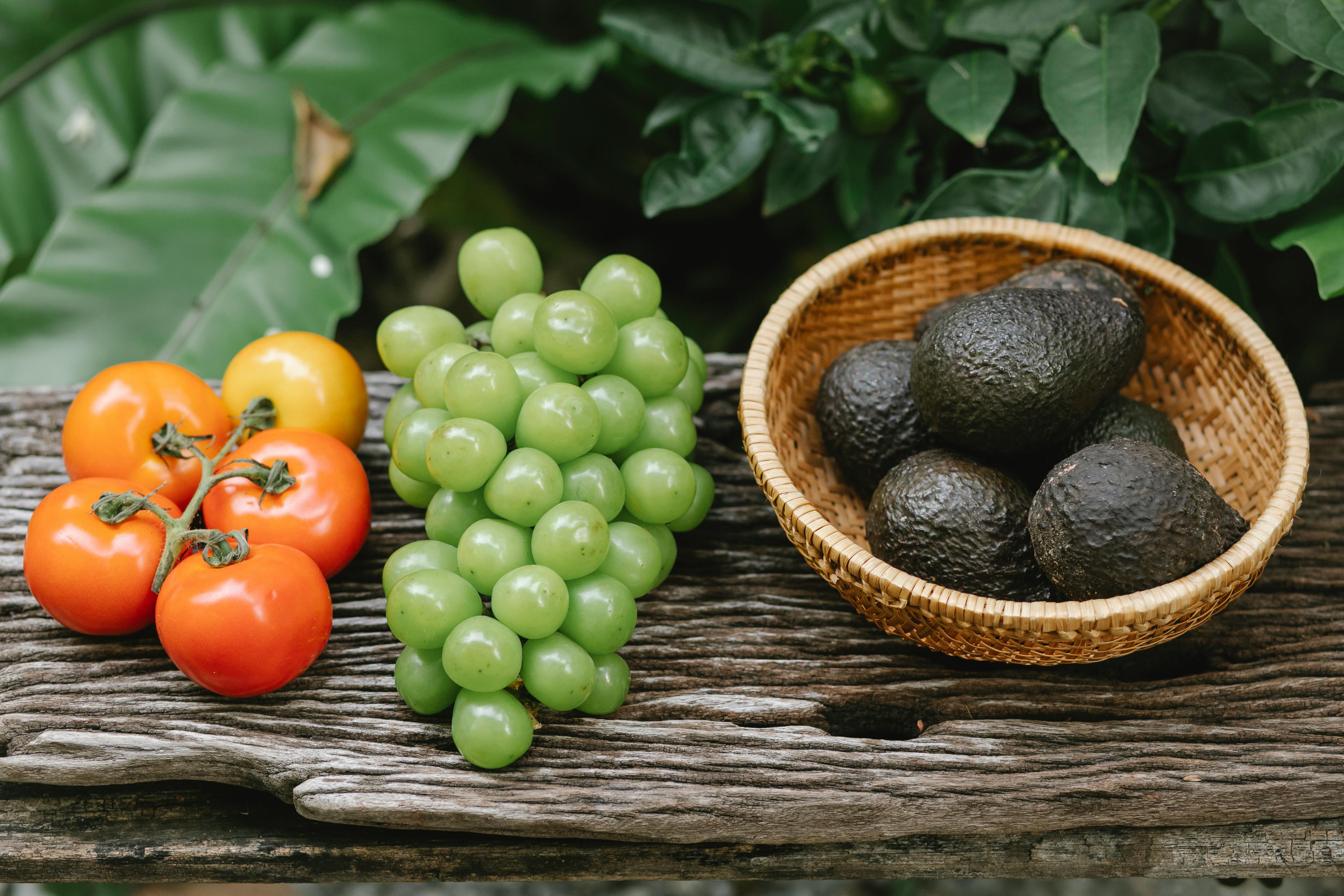Eco-friendly: a lifestyle, not a hobby

Going green is more than just changing your light bulbs and buying a new car, or even installing solar panels. While you can include those things, you don’t have to. Plus, it encompasses a more fundamental mindset shift than can be achieved with little tweaks like that. Eco-friendly is about being aware of the impact that all your actions have on the earth.
A perfect example of this can be found on a simple trip to the supermarket. A man, we’ll call him Mike, buy a new Prius. You get great gas mileage, so it has to be eco-friendly, right? Maybe … but we’ll have more on that later. Mike gets into his new Prius and drives three blocks to the grocery store. While he’s there, he buys a box of cereal, some prepackaged chicken from the butcher, and a bag of frozen veggies. Make the payment, collect your bags and drive home.
So what did Mike do wrong? We will start with unity. You don’t have to drive three blocks unless you live in Anchorage and it’s the middle of winter. No matter how fuel efficient your car is, you don’t need it to drive that kind of distance – walking is so much better for the environment. Other than that, most public transportation systems are still a better option than even the most efficient car.
Next, we will see the things that Mike bought in the store. A cereal box contains not one, but two packages, one of which, made of plastic, is manufactured as a by-product of fossil fuels. Mike should have bought the cereal in bulk, you know; the things that only have one package? If Mike did that, he would be lessening his impact on earth. The same goes for your prepackaged chicken. If Mike bought chicken from the butcher instead of off the shelf, his chicken would be packaged in paper wrap, rather than Styrofoam and plastic. Paper is not only a renewable resource; But it takes centuries for Styrofoam to completely break down in a landfill. That results in a double negative!
Finally we come to the frozen vegetables; there is also a laundry list for these. Frozen vegetables had to be factory processed and cut to size using industrial machinery. They were then instantly frozen and packaged … in plastic. A fresh vegetable reduces the energy costs of freezing and processing vegetables, and the packaging is much lighter than the frozen variety. And then there was the payment! Mike collected his bags instead of bringing reusable bags to the store; wasting even more plastic or paper. Either way, the list of things that Mike, an ostentatiously environmentally conscious person, did that weren’t eco-friendly is long and sordid.
If you really want to become an environmentally conscious person, you have to do more than flashy and remarkable things right. It must do the little things that most people will never notice correctly. After all, this isn’t about you, it’s not about making sure everyone knows how good you are. It’s about the land; and doing what is right for the earth as someone who depends on her resources for life.